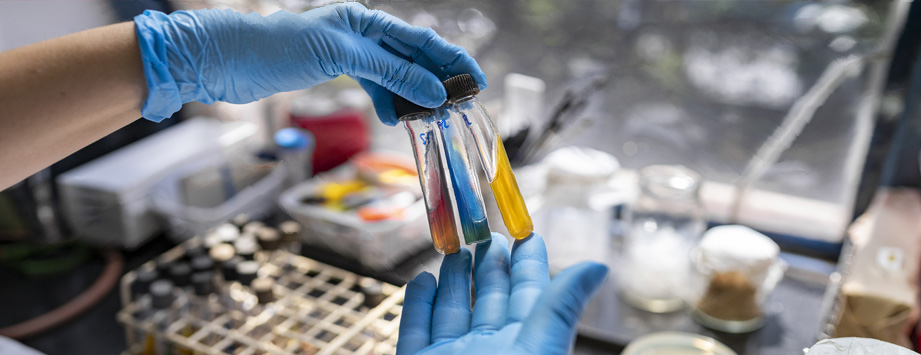Who we are
What we do
The Antimicrobial Resistance Team in the WHO country office works with the Ministry of Health, Ministry of Agriculture and Ministry of Environment and other partners through multisectoral coordination under the One health approach to achieve the national strategic objectives based on the global action plan on antimicrobial resistance in 2015 and Jordan national action plan on AMR.
In our work, we support the national multisectoral group with AMR policy briefs, assessment and monitoring tools, adapting and implementing guidance documents and SOPs to help health work force to utilize best practices to collect data on AMR resistance, use and consumption, and integrate rational use of antimicrobials into their daily clinical practices.










